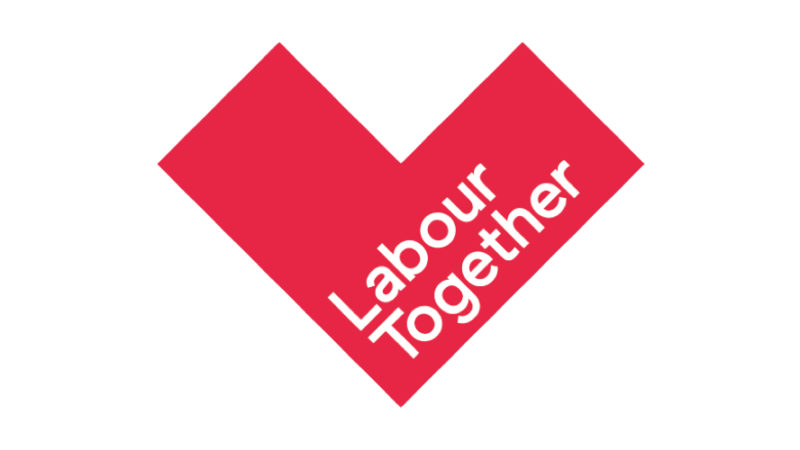
There’s been much talk of Labour’s broad church in recent days, and for good reason. The road to power has always run from the members and voters in the former coalfields we represent in parliament, through diverse inner-cities to coastal and commuter towns with their unique assets, history and challenges. We win by building bridges, not walls.
The elections and referendums of the last five years have shown the enormity of our challenge. The EU referendum exposed a country split down political and geographic lines, a growing polarisation reflected strikingly at the 2017 general election. We returned more Labour MPs through rising support in cities and stunning victories in university towns like Canterbury. But shocking losses in Mansfield and Stoke-on-Trent South revealed a growing disconnect with the working-class communities our movement was formed to represent.
This has been long in the making. Despite the many achievements of Labour in government, uneven economic growth has left parts of our country in decline and people there feeling powerless to shape their own lives. At the same time, the notion of a national conversation based on shared life experiences and common references has diminished, leaving Britain home to a divided electorate with competing and, at times, seemingly irreconcilable views on a range of issues including immigration, social security and the EU.
The conditions that enabled our previous successes are fast-disappearing, complicating the path to Downing Street. We can take little comfort from the organising principles that led to the great Labour victories of the 20th century. Many of the institutions through which we organised for power – the mines, factories, newspapers and Labour clubs – no longer exist. New campaigning techniques are needed –but this is only the start.
The transformational governments of 1945, 1964 and 1997, and the era of hope they ushered in, were built on a broad coalition that sought to unite people in a common vision for the future. Labour only wins when we offer hope against decline. After almost nine years of Tory rule, that hope is sorely needed.
It requires a respect for the diversity of views and lived experiences in diverse parts of the country and a willingness not to speak but to listen. Community engagement is key to understanding how to deliver for and heal divided communities. This puts the role of our members up front and centre. We are enriched by our grassroots but they cannot succeed without the tools and the power to effect change.
There is much to learn from each other, from new and dynamic forms of member-led campaigning to the pioneering Labour councils who have responded to austerity by rebuilding community power and assets. Despite the enormity of the challenge, there is no other political party that focused on bringing people back together and little willingness in those parties to do the deep thinking required to address these challenges. Labour has done this before, and we can do it again. A transformative Labour government is within our grasp. The power to achieve it is in our hands.
Sign up to LabourList’s morning email for everything Labour, every weekday morning.



More from LabourList
‘Why solidarity with Ukraine still matters’
‘Ukraine is Europe’s frontier – and Labour must stay resolute in its defence’
Vast majority of Labour members back defence spending boost and NATO membership – poll